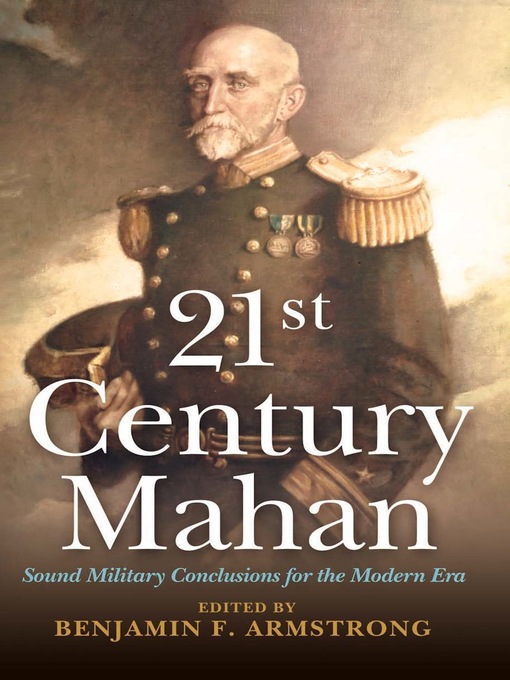Alfred Thayer Mahan's The Influence of Seapower upon History is well known to students of naval history and strategy, but his other writings are often dismissed as irrelevant to today's problems. This collection of five of Mahan's essays, along with Benjamin Armstrong's informative introductions, illustrates why Mahan's work remains relevant to the 21st century and how it can help develop our strategic thinking. People misunderstand Mahan, the editor argues, because they have read only what others say about him, not what Mahan wrote himself. Armstrong's analysis is derived directly from Mahan's own writings. From the challenges of bureaucratic organization and the pit falls of staff duty, to the development of global strategy and fleet composition, to illustrations of effective combat leadership, Armstrong demonstrates that Mahan's ideas continue to provide today's readers with a solid foundation to address the challenges of a rapidly globalizing world.
- Arts & Crafts
- Fitness and Health
- Outdoor Recreation
- Biography & Memoir
- Business
- History
- All Nonfiction
- See all

